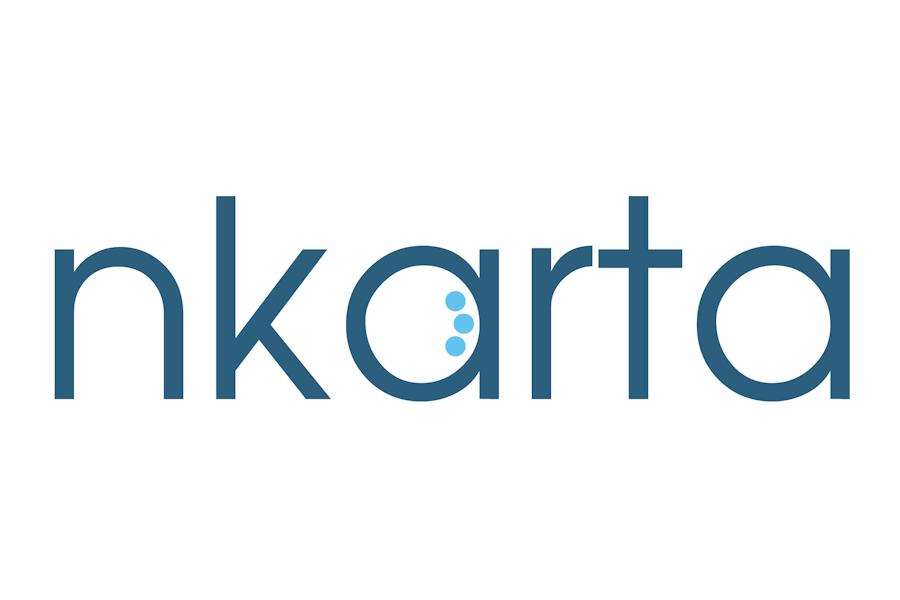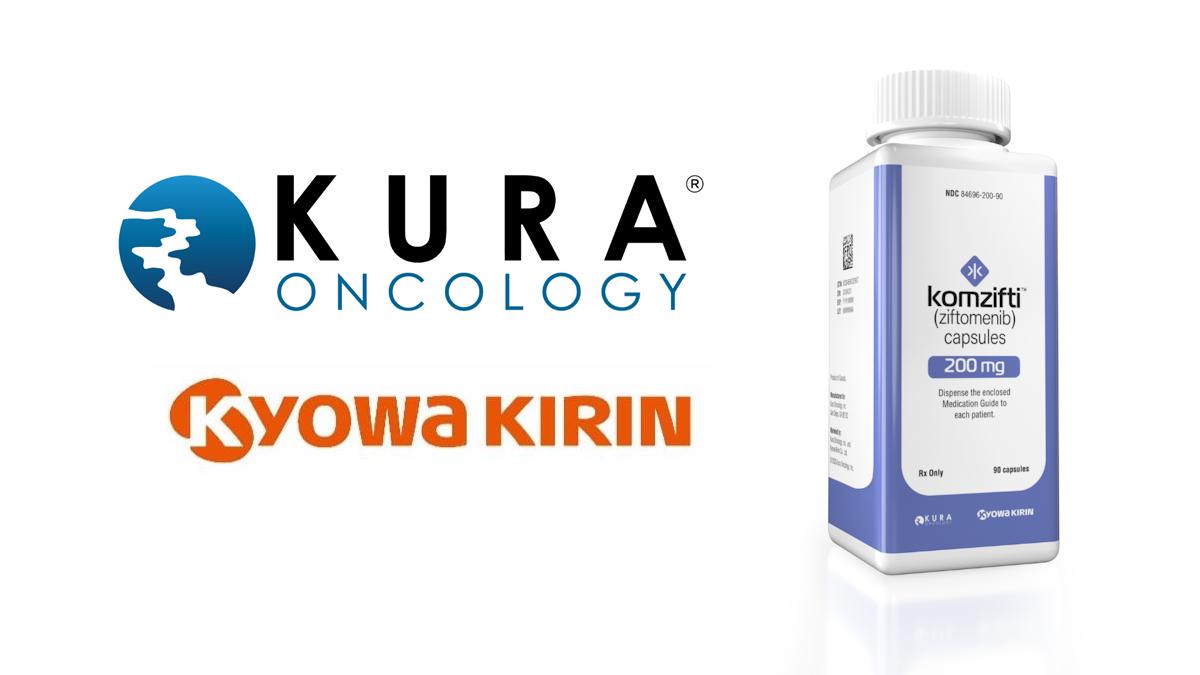Nkarta tweaks regimen in bid to revive AML programme

Last year, Nkarta was celebrating data which showed that its natural killer (NK) cell therapy for acute myeloid leukaemia (AML) was showing remarkable efficacy in hard-to-treat patients, but its latest update has dampened that enthusiasm.
CAR-NK therapy NKX101 achieved complete responses in three of five patients (60%) treated with the highest dose, an impressive result considering they had relapsed despite previously being treated with a median of three prior therapies for AML.
The new results are decidedly less impressive. 13 more patients have been treated with either 1 billion or 1.5 billion cells of the CAR-NK therapy given in three doses, but only one of them has had a complete response with residual thrombocytopenia.
Moreover, looking at the earlier cohort of five patients, two of the three earlier responders had gone on to develop progressive disease within a couple of months, calling into question the durability of the treatment, while the third was selected for a bone marrow transplant shortly after the CAR-NK therapy.
That dataset alone would leave Nkarta looking rather like fellow CAR-NK developer Fate Therapeutics, which reported encouraging results with its therapy for multiple myeloma last year that diminished on a subsequent update, prompting the company to strip down its NK research programme and a split with former partner Johnson & Johnson.
Nkarta thinks it has a solution to its problems, however, in the form of a new lymphodepletion regimen, used to prepare patients to receive the donated cells.
Initially, the company was using a combination of fludarabine and cyclophosphamide for lymphodepletion, but it has now switched to fludarabine and cytarabine, claiming the latter upregulates the NKG2D receptor targeted by NKX101 on leukaemic cells.
That should make them more sensitive to killing by the CAR-NK cells, and preliminary results back that hypothesis up. Out of six patients treated using the new regimen, there have been three complete responses and one complete response with residual thrombocytopenia. One of the complete responders – who had minimal residual disease – has since proceeded to a transplant.
Investors were understandably underwhelmed by the update, and shares in Nkarta fell almost 38%. Nevertheless, the company maintains that NKX101 still has the potential to offer an alternative to CAR-T therapies, with the potential to be safer as cytokine levels in patients remained low throughout treatment with the CAR-NK.
Shareholders will have to wait some time to see if the lymphodepletion regimen change will bear fruit in the longer term, however, as Nkarta said it is not expecting to provide any further updates from the study until the first half of 2024.













